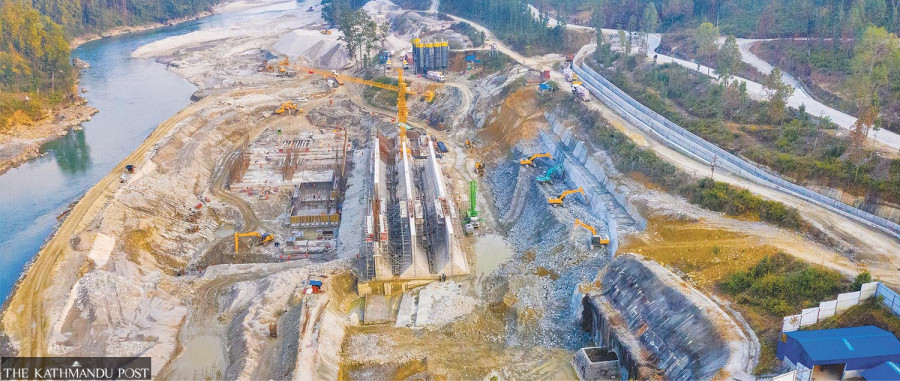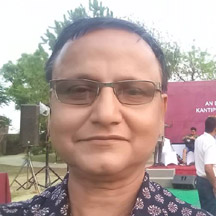Money
Babai irrigation project faces delays again
The project experiences a funds crunch after outstanding dues to the contractor assigned to build the canal were settled with this fiscal year’s budget.
Kamal Panthi
The much-delayed Babai irrigation project in western Nepal is again facing problems.
The project, which started 35 years ago, had a revised completion deadline of the end of fiscal year 2025-26, but it is facing renewed delays in the lack of funds.
The nearly Rs19-billion project aims to irrigate 36,000 hectares of land, diverting the water of the Babai river.
Project officials say the works would not be completed even on the latest deadline.
Although the project had demanded Rs1.5 billion for the current fiscal year, the government allocated Rs630 million for the national pride project. Of the total allocation, Rs510 million has been spent.
Officials say they have paid Rs250 million in outstanding dues of the last fiscal year to the contractor assigned for canal work from the budget of this fiscal year.
The project work has been affected after the contractor was paid from this fiscal year’s allocation.
Sushil Devkota, the project chief, said that due to the lack of funds, it would be difficult to meet the completion target this fiscal year.
“This will have a cascading effect on the project completion deadline set for 2025-26,” he said.
“The remaining budget will be spent on workers' salaries and fuel, which will affect the canal’s construction.”
According to the project master plan approved in 2020-21, against the total estimated cost of Rs18.96 billion, the project has achieved 72.22 percent physical progress. Till now, Rs13.14 billion has been spent.
Bhesh Raj Poudel, immediate past president of the Contractors Association, Bardiya, said that project works have been stalled due to the payment issue.
He claimed that the project would not be completed in the stipulated time if this situation continues.
The government's budget deficit was Rs397.87 billion in the last fiscal year due to low revenue collection. As a result, the government failed to pay many contractors on time, affecting many projects around the country.
The headworks of the main canal of Babai stretch from Parewa Odar to the west main canal in Ratnapur, Gulariya, which is 42 km long.
Officials said that the delay in distributing land compensation to the project-affected areas, due to the budget deficit, has also hindered the completion of the main canal in the west by 2024-25.
Originally, the canal work was targeted to be completed by 2019.
The project deadline was extended to 2025-26 due to problems like an unofficial blockade by India in 2015, followed by the Covid pandemic, flood and the land compensation row.
“Even the extended deadline looks unachievable,” project officials said.
The project, once completed, will irrigate 21,000 hectares to the east of the project site and 15,000 hectares in the western part in the first phase.
The project will provide round-the-year irrigation facilities in Banke and Bardiya.
Farmers say that Banke and Bardia are known for their high productivity of paddy, wheat and mustard.
“If farmers get round-the-year irrigation facilities, their incomes will rise,” said Fularam Tharu, a farmer in Barbardiya municipality-11. If the project is completed, we will no longer depend on rainfall to irrigate our land.”
The project started in 1988-99 with a loan from the World Bank and government funding. In the first phase, a dam along with the bridge was constructed at Parewa Odar on the East-West Highway.
A 5.5-metre main canal was constructed in 1994 helping irrigation in Budikulo, Rajkulo and Dahdahwarkulo.
In the second phase, the government requested the Kuwaiti government to finance the project but it did not happen. In 1995, the government undertook the construction of the main canal in the east announcing it as a national campaign.
Around 35 km long main canal was completed in 2020.
The work on the main canal to the west started in 2010-11 and is still going on. The total length of the main canal built so far is around 21 km.




 13.12°C Kathmandu
13.12°C Kathmandu













